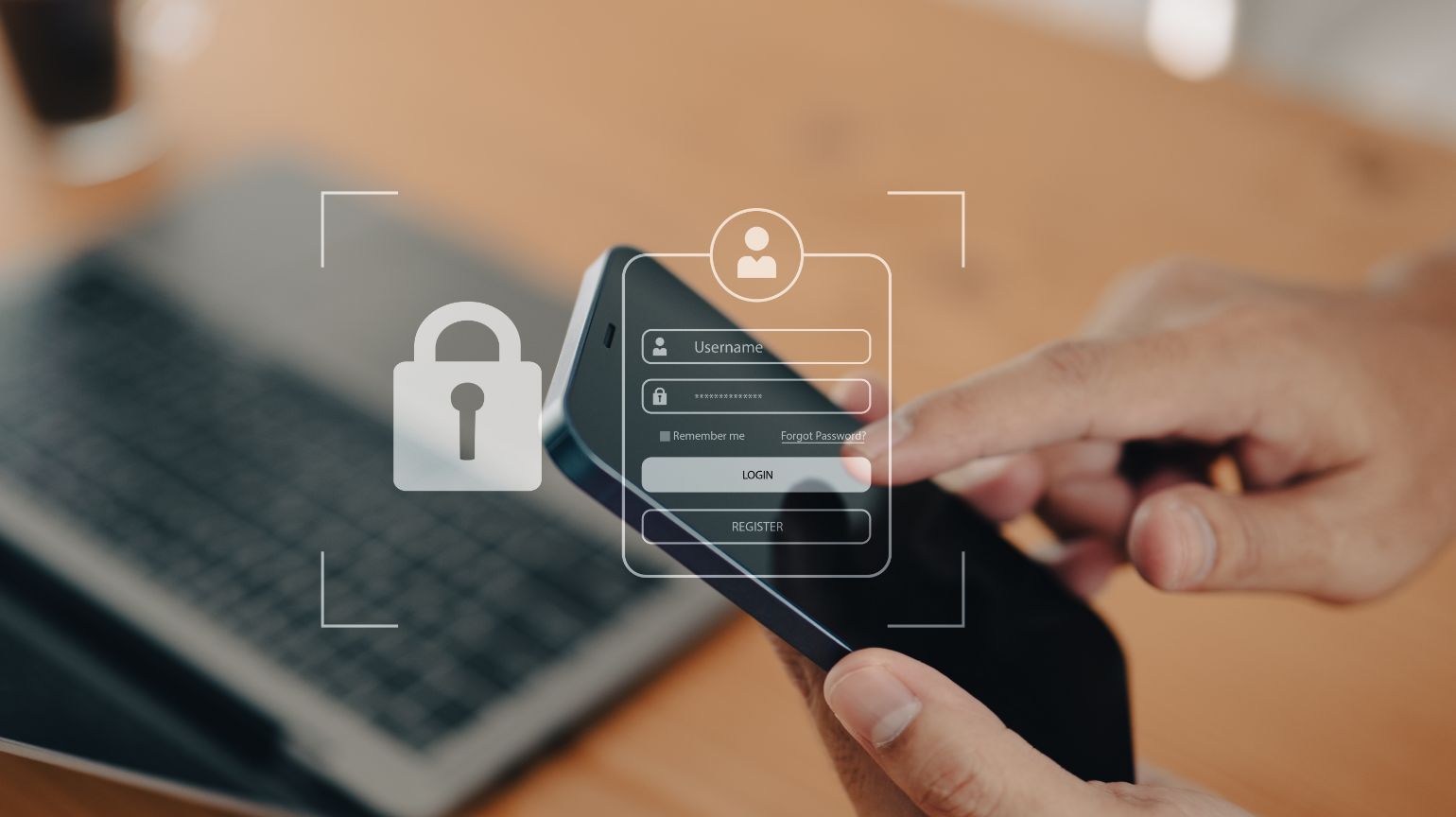By: Steve Davis, Purpose Legal’sVP of Forensics & Investigations and Matthew Rasmussen, Founder & CEO at ModeOne
Mobile devices contain a wealth of personal and sensitive information, and most people aren’t willing to give up their device. When needed for litigation, the amount of personal data on any given device poses a huge risk to violating the custodian’s privacy, and so the task of collecting data from these devices for legal or investigative purposes must be handled with utmost care. Privacy concerns are on everyone’s minds right now, and the method used to collect data must strike a balance between obtaining necessary information and safeguarding personal privacy.
This is where targeted data collection comes in. Let’s explore what this means, why it matters, and how it protects the privacy of the custodian.
What is Targeted Data Collection?
Targeted data collection refers to the practice of selectively collecting only the specific data relevant to a legal case or investigation. Rather than sweeping up all the information available on a device (a practice that can lead to significant privacy intrusions), targeted collection focuses only on what’s necessary.
Why Targeting Matters for Privacy
- Minimizes Intrusion: Collect only relevant data reduces unnecessary intrusion into personal or sensitive areas, avoiding personal photos, private messages, or unrelated financial information.
- Compliance with Regulations: Many jurisdictions have laws and regulations that demand respect for privacy, even in legal investigations.
- Builds Trust: Respect for privacy builds between parties. Employees may be more cooperative in internal investigations if they know their privacy is respected.
- Reduces Risk of Legal Challenges: Overreaching data collection can lead to legal challenges or sanctions, and courts may reject evidence or penalize parties for unnecessary privacy invasion.
How Targeting Works
- Define the Scope: Clearly identify what data is relevant and necessary for the case.
- Utilize Specialized Tools and Techniques: Employing software or methods that allow for selective data extraction.
- Collaborate with Legal and Technical Experts: Work with professionals who understand both legal requirements and technological capabilities.
In Summary
Privacy is not merely a preference; it is a fundamental right that must be respected even in the context of necessary data collection. By focusing only on what’s relevant, you avoid unnecessary intrusion and comply with legal regulations, offering a respectful and responsible approach. In a world where personal and professional lives are increasingly intertwined on devices, targeted data collection has never been more necessary. It reflects a commitment to ethical practices and respect for the individuals behind the data, qualities that must define the future of mobile data collection.



